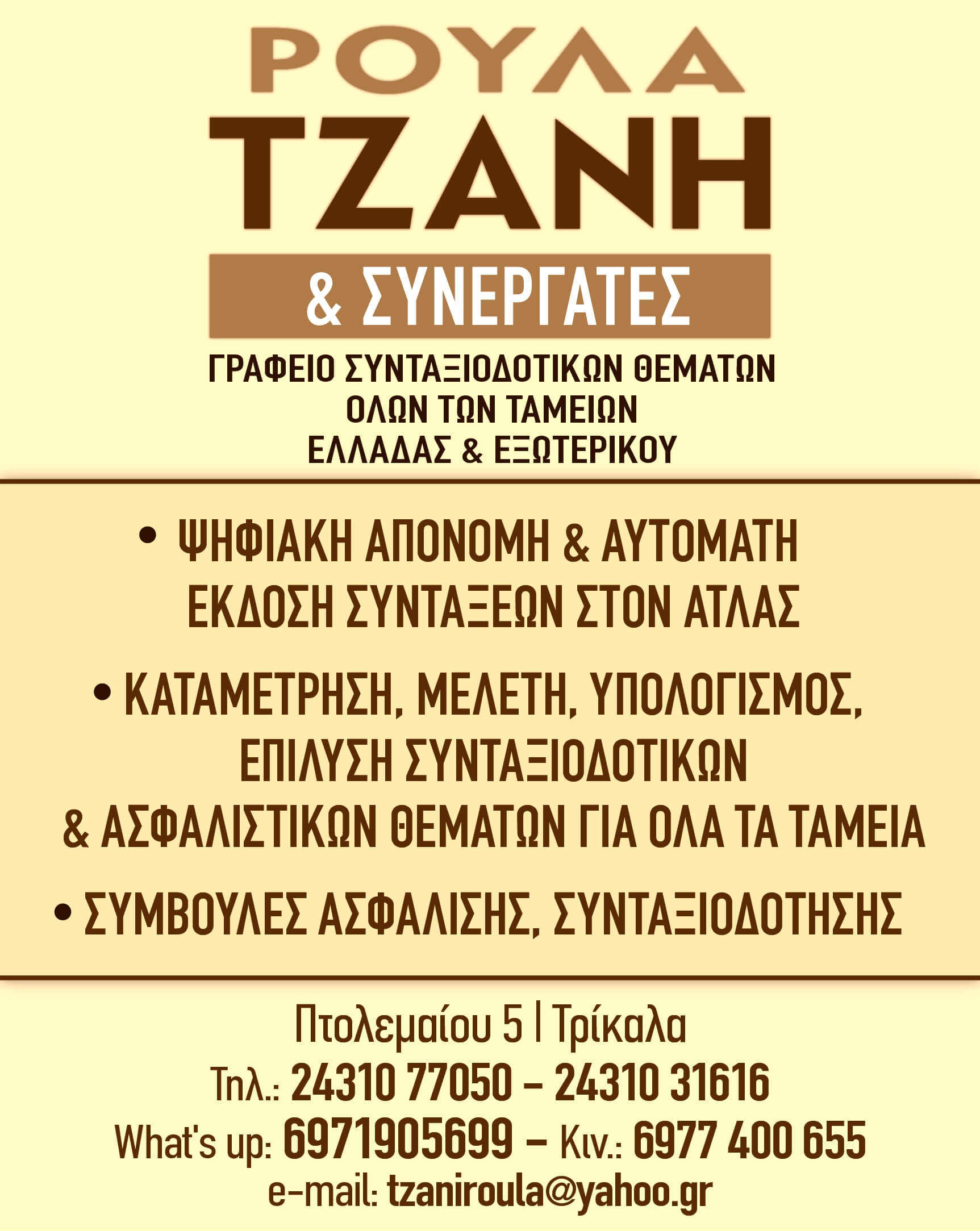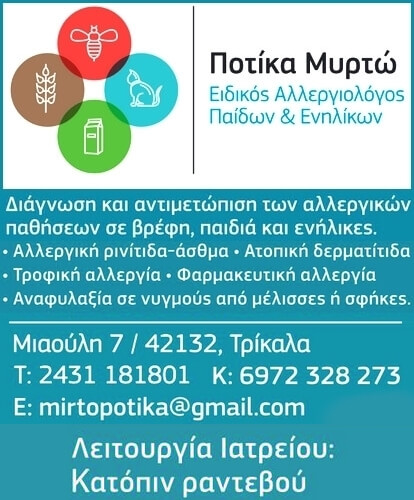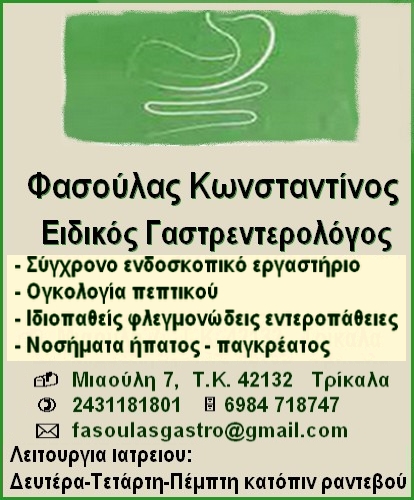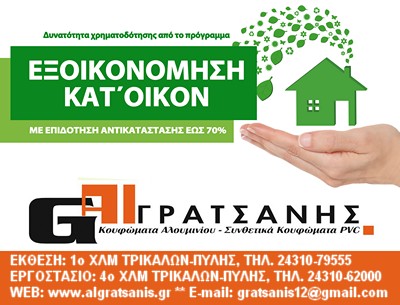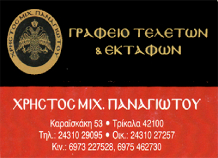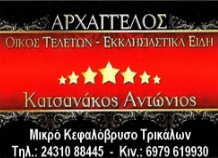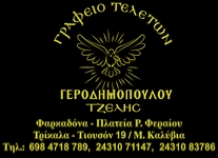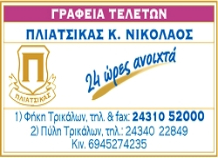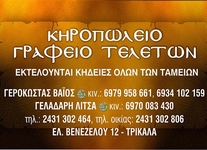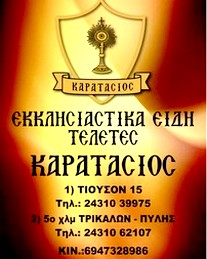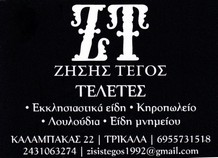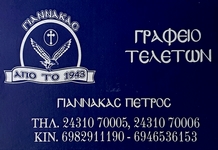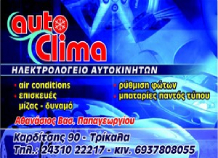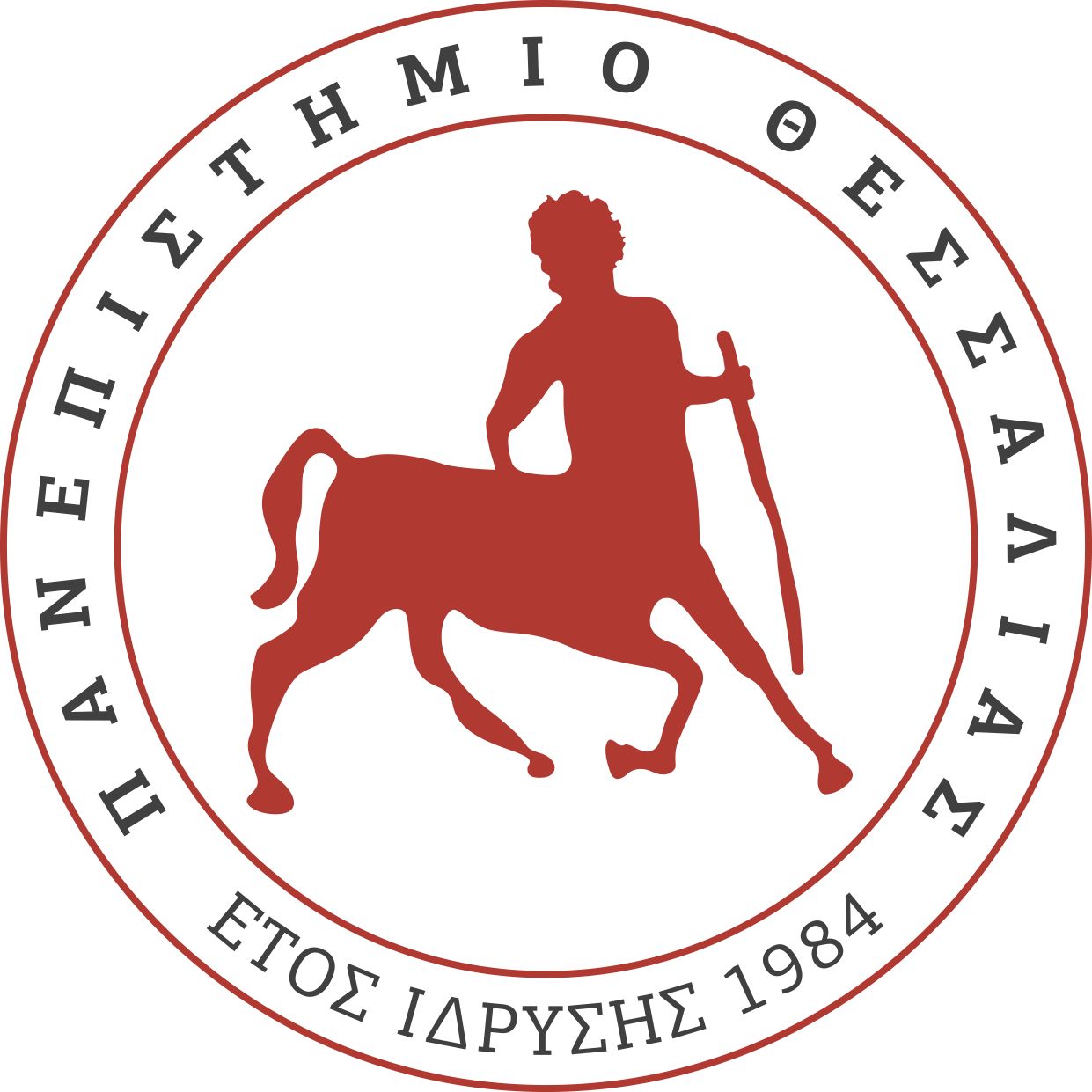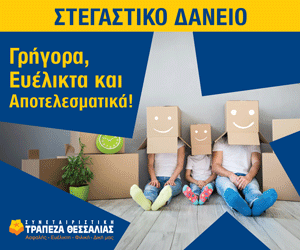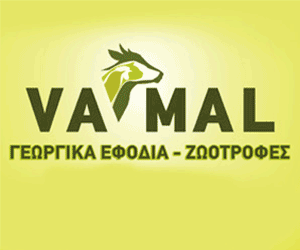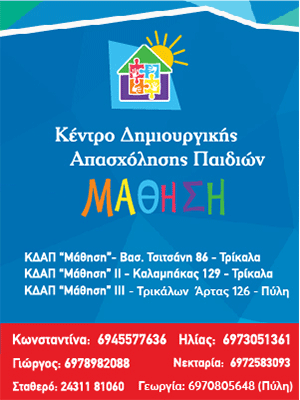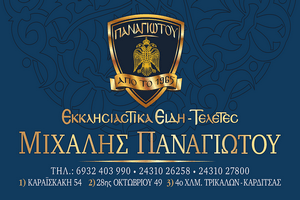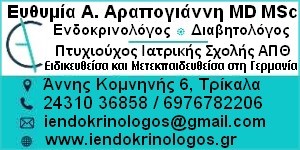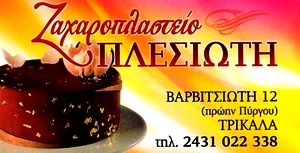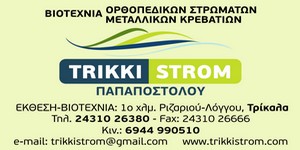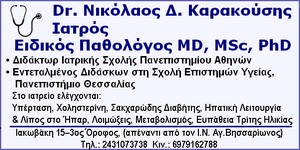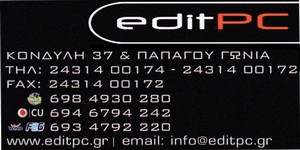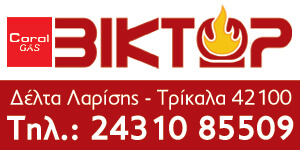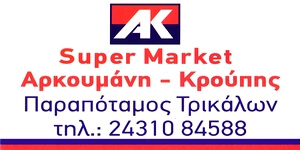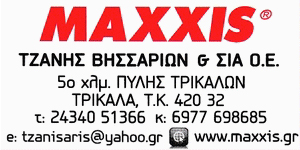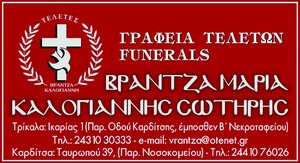Σύμφωνα με έρευνα της Ευρωπαϊκής Ένωσης για τις γυναίκες που δραστηριοποιούνται στον τομέα της επιστήμης των υπολογιστών, από τις 1.000 γυναίκες που ολοκληρώνουν την τριτοβάθμια εκπαίδευση μόνο 29 λαμβάνουν πτυχίο στην πληροφορική. Αυτή η ανισότητα στη συμμετοχή των γυναικών στην πληροφορική συνεχίζεται και στον επαγγελματικό τομέα. Σύμφωνα με την ίδια έκθεση, μόνο το 30% των περίπου 7 εκ. ατόμων που απασχολούνται σε τομείς πληροφορικής είναι γυναίκες. Υποεκπροσωπούνται σε όλες τις δραστηριότητες του κλάδου, ιδιαίτερα στις διαδικασίες λήψης αποφάσεων.
Οι λόγοι που οδηγούν τις γυναίκες στο να αποφεύγουν την επιστήμη των υπολογιστών δεν σχετίζονται με αδημαϊκές γνώσεις και δεξιότητες. Η έκθεση PISA δείχνει ότι στην ηλικία των 15 ετών τα κορίτσια αποδίδουν το ίδιο με τα αγόρια σε συναφή θέματα θετικών επιστημών. Τα κορίτσια επιλέγουν να μην ακολουθήσουν θετικές επιστήμες, οι οποίες οδηγούν σε σταδιοδρομίες πληροφορικής, από το γυμνάσιο ή και νωρίτερα κάτω από στερεοτυπικές αντιλήψεις ότι αυτές οι επαγγελματικές επιλογές δεν είναι κατάλληλες για αυτά. Επιπλέον, αντιλήψεις σχετικά με την έλλειψη σύνδεση της πληροφορικής με την κοινωνία αποθαρρύνουν περαιτέρω τη συμμετοχή των κοριτσιών, τα οποία συχνά επιθυμούν η εργασία τους να είναι κοινωνικά επωφελής.
Το Τμήμα Ηλεκτρολόγων Μηχανικών και Μηχανικών Υπλογιστών (ΤΗΜΜΥ), και συγκεκριμένα το άτυπο Εργαστήριο Δημιουργικών Τεχνολογιών Μάθησης (http://ctll.e-ce.uth.gr) , υλοποιεί το ερευνητικό έργο Coding4Girls (https://www.coding4girls.eu/) το οποίο εισάγει μια μαθησιακή παρέμβαση με στόχο την ενεργή συμμετοχή κοριτσιών ηλικίας 10 – 15 ετών στον προγραμματισμό με στόχο την ενθάρρυνση της ευρύτερης συμμετοχής τους στην επιστήμη των υπολογιστών. Το ΤΗΜΜΥ έχει αναπτύξει ένα ψηφιακό μαθησιακό περιβάλλον που βασίζεται σε εκπαιδευτικά παιχνίδια και σχεδιαστική σκέψη για την προώθηση της ικανότητας επίλυσης προβλημάτων και της καινοτόμας σκέψης. Εξερευνώντας το ψηφιακό περιβάλλον οι χρήστες, αγόρια και κορίτσια, ανακαλύπτουν και λύνουν παζλ με τη μορφή σύντομων σε διάρκεια παιχνιδιών που τους εξοικιώνουν με έννοιες προγραμματισμού όπως είναι οι μεταβλητές, οι βρόχοι, οι συνθήκες, οι τελεστές, οι εντολές, ο ήχος, η κίνηση, ο παραλληλισμός, και τα συμβάντα. Αφού κατανοήσουν βασικές αρχές, οι χρήστες καλούνται να τις εφαρμόσουν σε ασκήσεις προγραμματισμού μέσω του λογισμικού Snap! που έχει ενσωματωθεί στην πλατφόρμα. Η πλατφόρμα ενθαρρύνει τη συνεργασία εφαρμόζοντας αρχές σχεδιαστικής σκέψης που καλλιεργούν την καινοτόμα και επιχειρηματική σκέψη μέσω μιας διαδικασίας ενσυναίσθησης, ιδεασμού, σχεδιασμού πρωτοτύπων, και αξιολόγησης ιδεών. Μέσα από ένα ψηφιακό καμβά οι χρήστες μοιράζονται ιδέες για εύρεση λύσεων σε ομαδικές εργασίες. Η πλατφόρμα προσφέρει επίσης υπηρεσίες για διδάσκοντες μέσα από τις οποίες μπορούν να δομήσουν ασκήσεις προγραμματισμού που αυτόματα ενσωματώνονται στο μαθησιακό περιβάλλον.
Το έργο υλοποιείται μέσω του προγράμματος Erasmus+ στην Ελλάδα, τη Σλοβενία, την Κροατία, την Ιταλία, την Πορτογαλία, την Τουρκία και τη Βουλγαρία από το 2018 έως το 2020. Επιστημονικά υπεύθυνος του έργου για το Πανεπιστήμιο Θεσσαλίας είναι ο Ομ. Καθ. του ΤΗΜΜΥ κ. Ηλίας Χούστης ενώ οργανωτικά υπεύθυνη είναι το μέλος ΕΔΙΠ κ. Χαρίκλεια Τσαλαπάτα.
___________________________________________________________________________
According to the EU survey of women active in the ICT sector, out of 1.000 women with a bachelor degree only 29 carry a degree in ICT. This disparity continues at the professional level. According to the same report, only 30% of the approximately 7m individuals working in ICT in Europe are women; they are underrepresented at all levels of the sector, especially in decision making processes. According to the National Center for Education Statistics in the US, women represent just 18% of university graduates in computer science. However, in 1985 37% of computer science majors in the US were female. This demonstrates a decline I women participation in computer science. Professionally, 80% of top-level employees in Silicon Valley are male and only 10% of the technical positions at the same companies are occupied by females.
The reasons that lead women to avoid ICT are not related to competencies and skills. While the PISA report demonstrates that at age 15 girls perform as well as boys in related STEM subjects, girls may feel that ICT is a difficult subject. Girls choose to not follow STEM principles, which lead to engineering and ICT careers, as early as in lower high school under stereotypical perceptions that these careers are not suitable for them. Social perceptions further miss the links between ICT and the societal well-being; this further discourages girls, who wish to feel that their work is socially beneficial, from following ICT careers.
The Coding4Girls project (http://coding4girls.eu) introduces a learning intervention that aims to engage girls aged 10 – 15 in programming with the objective of encouraging a broader participation of girls in ICT. The project is implemented by the Creative Technologies Learning Lab (http://ctll.e-ce.uth.gr) of the Department of Electrical and Computer Engineering of the University of Thessaly. A game-based learning environment has been developed that deploys design thinking principles for fostering innovation and engagement. Game-based learning principles encourage users to explore and experiment hands-on with programming concepts in a virtual world. By exploring the virtual environment users discover and engage with mini games that demonstrate coding elements such as loops, conditionals, variables, statements, sound, movement, parallelism, operators, and events. Once they understand the coding principles, users are challenged to deploy them in coding exercises. For this step the platform is integrated with Snap!. The platform goes a step beyond exploration and encourages group collaboration towards solving jointly owned activities. Deploying the design thinking principles of empathy, ideation, prototyping, and evaluation the platform encourages users to brainstorm through a common digital canvas that they can simultaneously edit to post ideas towards a solution and to review the ideas of others in a process that encourages innovative thinking.
The platform further offers services for educators through which they can structure coding activities in steps through an easy to use web-based interface. The educator activities are transparently integrated into the student virtual learning environment, introducing an easy to use interface for educators to interact with the student virtual environment.
The proposed learning intervention is currently being evaluated with students in Greece, Slovenia, Croatia, Italy, Portugal, Turkey, and Bulgaria with very positive feedback by both educators and students. The project is funded by the Erasmus+ Program of the EU and runs from 2018 to 2020.




